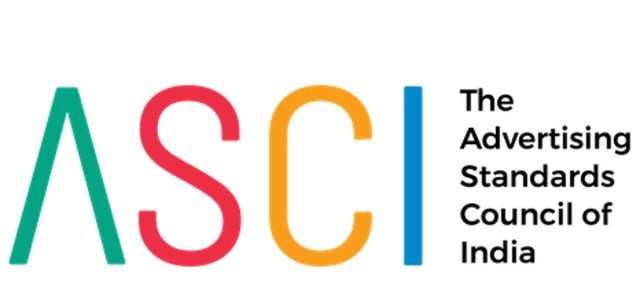INDIA: The Advertising Standards Council of India (ASCI) has taken a significant step towards enhancing transparency and accountability in environmental advertising by proposing comprehensive draft guidelines on “Environmental/Green Claims.” The guidelines aim to ensure that advertisements are free from greenwashing practices and establish a clear framework for advertisers to present truthful and evidence-based environmental claims.
Developed by a multi-stakeholder task force, including environmental experts, the draft guidelines are open for public feedback until December 31, 2023, post which they will be finalized. The guidelines target greenwashing, the deceptive practice of making misleading environmental claims, and emphasize the paramount importance of substantiated, comparable, and verifiable claims to combat misinformation.
Environmental claims include claims that suggest or create an impression that a product or service has a neutral or positive impact on the environment, is less damaging to the environment than a previous version of the same product or service or a competitive product or has specific environmental benefits. Environmental/Green claims can be explicit or implicit and can appear in advertisements, marketing material, branding, packaging, or other information provided to consumers.
The proposed guidelines establish clear criteria for environmental claims, including absolute claims such as “environmentally friendly,” “eco-friendly,” “sustainable,” and “planet-friendly” that imply that the product advertised has no impact or only a positive impact must be supported by a high level of substantiation. Comparative claims such as “greener” or “friendlier” can be justified if the advertised product or service provides a total environmental benefit over that of the advertiser’s previous product or service or competitor products or services, and the basis of such comparison is made clear.
The guidelines also require that environmental claims be based on the full life cycle of the advertised product or service, unless the advertisement states otherwise, and must make clear the limits of the life cycle. Advertisements must not mislead consumers about the environmental benefit that a product or service offers by highlighting the absence of an environmentally damaging ingredient if that ingredient is not usually found in competing products or services or by highlighting an environmental benefit that results from a legal obligation if competing products are subject to the same requirements.
Certifications and Seals of Approval should make clear which attributes of the product or service have been evaluated by the certifier, and the basis of such certification provided. Visual elements in an ad should not give a false impression about the product/service being advertised, and advertisers should refrain from making aspirational claims about future environmental objectives unless they have developed clear and actionable plans detailing how those objectives will be achieved.
For carbon offset claims, advertisers should clearly and prominently disclose if the carbon offset represents emission reductions that will not occur for two years or longer. Ads should not claim directly or by implication that a carbon offset represents an emission reduction if the reduction, or the activity that caused the reduction, was required by law.
The proposed guidelines also require that claims about the product being compostable, biodegradable, recyclable, non-toxic, free-of, etc., be qualified, and the extent of the same be specified. All such claims should have competent and reliable scientific evidence to show that the product or the qualified component, where applicable, will break down within a reasonably short period after customary disposal and that the product is free of elements that can lead to environmental hazards.
Manisha Kapoor, CEO and Secretary-General, ASCI said, “ASCI’s draft guidelines on Environmental/Green Claims are a crucial step to ensure that consumers who wish to support green brands have the correct information to make an informed decision. These guidelines set a standard for advertisers and aim to foster a culture of transparency and authenticity in advertising in the best interest of the consumers. We encourage all stakeholders, including consumers, industry, civil society members, and experts, to provide their feedback on the draft guidelines to enable us to sharpen and strengthen them.”
The public consultation period is open until December 31st, 2023. Feedback can be submitted via email to [email protected]
In conclusion, the proposed guidelines by ASCI aim to establish a clear framework for advertisers to present truthful and evidence-based environmental claims and combat greenwashing practices. The guidelines are open for public feedback until December 31, 2023, and are expected to foster a culture of transparency and authenticity in advertising in the best interest of consumers.

